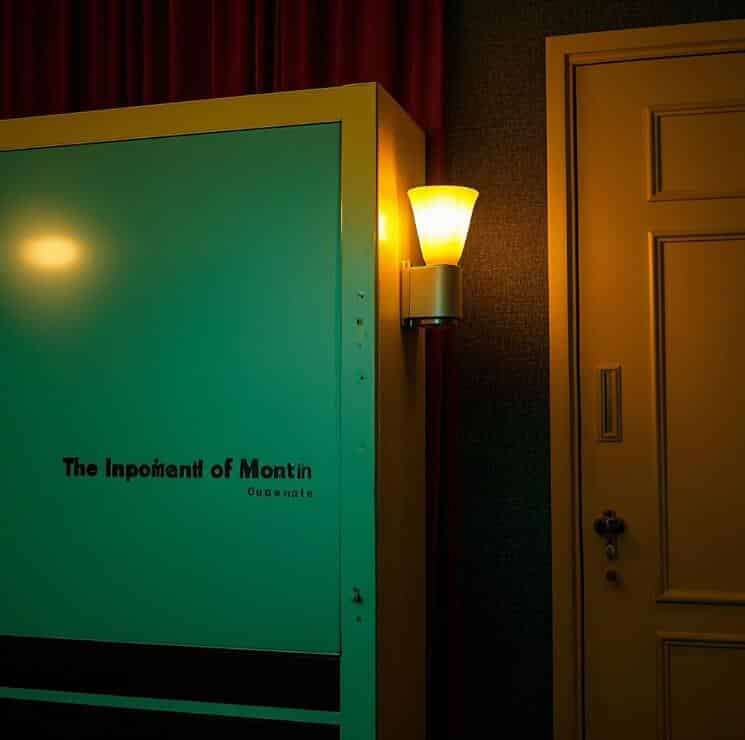The pursuit of happiness can be surprisingly unfulfilling. Psychological studies reveal that people who chase pleasure directly often end up less content than those who focus on meaningful activities. Viktor Frankl, a Holocaust survivor and psychiatrist, argued in Man’s Search for Meaning that humans thrive not when they seek happiness but when they find purpose—even in suffering.
Modern research supports this view. People who dedicate themselves to causes beyond self-interest—whether raising children, advancing science, or serving their communities—demonstrate greater resilience during hard times. Their sense of purpose acts as an emotional anchor, providing direction when life’s seas grow rough.
Yet purpose is highly personal. For some, it lies in creative expression; for others, in spiritual practice or scientific discovery. The key is engagement—losing oneself in activities that feel significant. Studies on “flow states” show that complete absorption in challenging, meaningful tasks leads to peak life satisfaction.
The paradox is clear: by focusing less on how we feel and more on what we contribute, we often find deeper joy. As Frankl wrote, “Happiness cannot be pursued; it must ensue.” When we stop asking what life can give us and start asking what we can give life, we discover the secret to true fulfillment.
